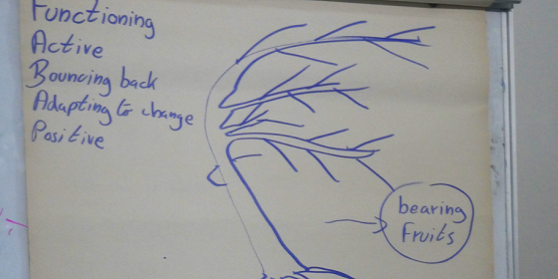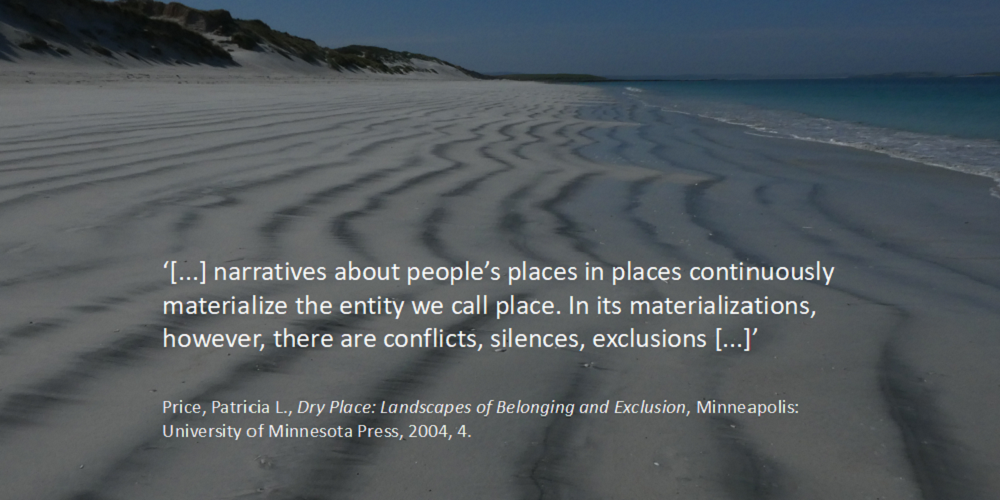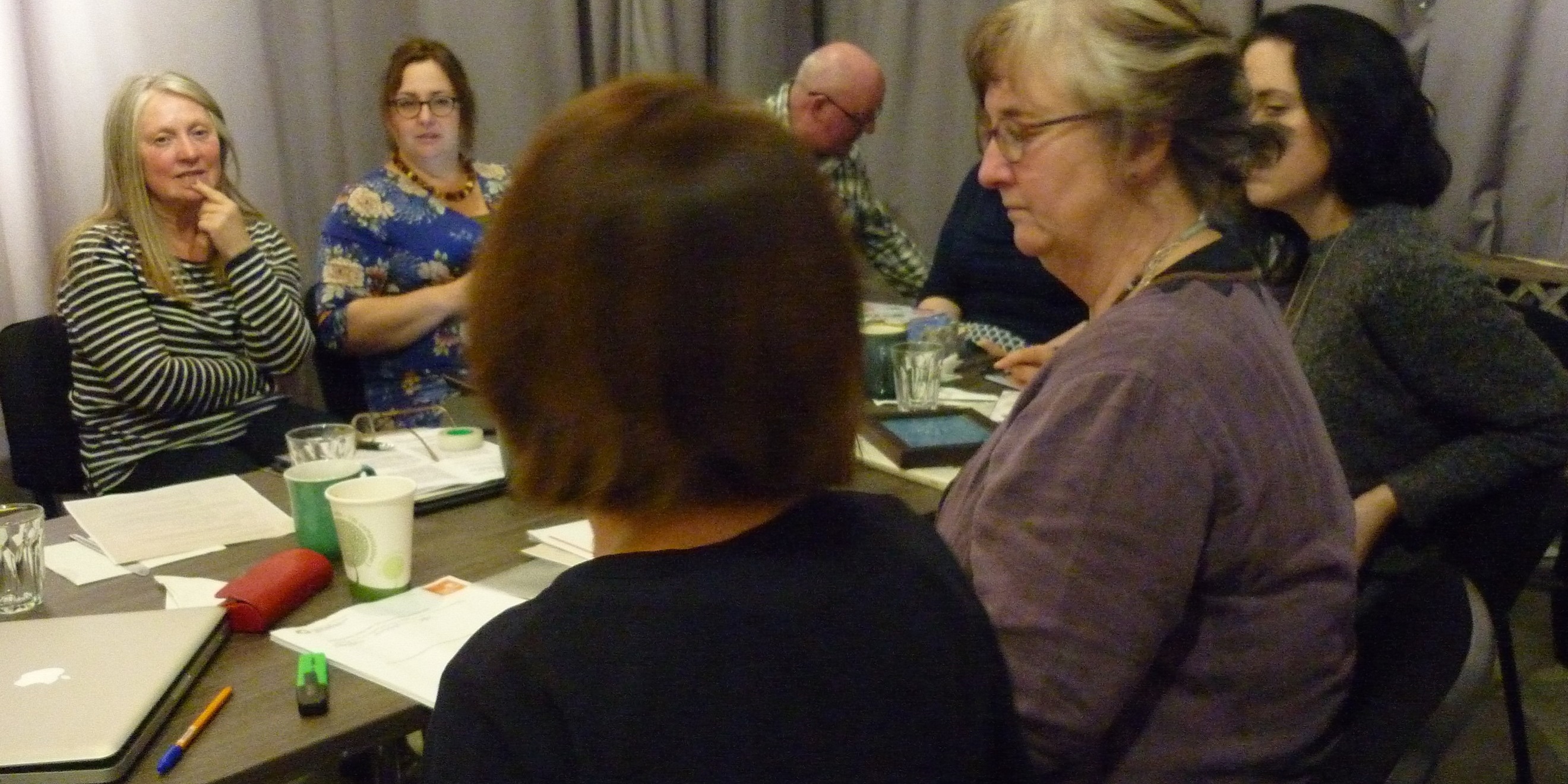Participants engaged really generously in the discussions, sharing the work, diverse practices, and projects they are involved in, as well as their lived experiences as part of a wider community. The importance of community, Gaelic language, culture, and creativity generally (rather than being restricted to ‘creative practices’ alone) were identified as being valued most highly. Clear practical considerations vital to ensuring that a sustainable way of living on the Uists emerged through the discussions, such as: the importance of investing in the young to build a thriving and sustainable community; the importance of crofting and fishing as key industries; economic support for Gaelic culture and language; and investment in a centralised communication network to help build cohesive communities across the distributed islands. These are examples only and not exclusive of other practical solutions identified.
The process of Workshop 2 thus identified the proposed focus for the third and final workshop, identifying the questions from both a legal and creative perspective, as follows:
- How to share with island communities information about the Islands (Scotland) Bill (now adopted) and of the processes available to island communities in the preparation and monitoring of the National Islands Plan, which, according to the Bill, Scottish Ministers will have to adopt in late 2019, and every five years thereafter.
- What is the role of creativity in promoting active engagement with the Bill, but also what is the role of creativity in the island communities within the available roles in the political and legal processes laid out by the Islands (Scotland) Bill?
The importance of the agency of participants over the form and detailed content of this next phase of the discussions was recognised as being vital. Also, the imperative of engaging as wide as possible representation in the research process, and in the National Islands Plan consultations was identified as key, so as to ensure that information about it is shared more widely. At the conclusion of Workshop 2, it was agreed that this could best be realised through direct engagement by Workshop 1 and 2 participants in the planning process, and so the above issues will be addressed proactively in deciding the communities targeted, and the form, content and locations used for Workshop 3 which will take place during the forthcoming winter months on the Uists.
Finally, workshop participants were also given copies of the following SCELG Policy Briefs, relevant to the project:
List of Participants
- Francesco Sindico, Co-Director of SCELG, University of Strathclyde
- Nicola Crook, PhD Researcher, SCELG, University of Strathclyde
- Susan Brind, Acting Head of Department, Sculpture & Environmental Art, Glasgow School of Art
- Mónica Laiseca, Programme Leader, M Litt Curatorial Practice (Contemporary Art) at Glasgow School of Art
- Peter Kerr, Poet and Winter Events Manager, Taigh Chearsabhagh Museum & Arts Centre
- Norman MacLeod, Heritage, Retail and Operations Manager, Taigh Chearsabhagh Museum & Arts Centre
- Keith McIntyre, Artist and Academic at University of Highlands & Islands, Chair of the Taigh Chearsabhagh Trust
- Jane Morrison-Ross, CEO, Taigh Chearsabhagh Museum & Arts Centre
- Rosie Blake, Artist and Lecturer, University of Highlands & Islands, Lews Castle College
- Kate MacDonald, Artist and young returner involved in community related projects, as well entrepreneur currently setting up a distillery in N Uist
- Gina MacDonald, Textile Artist
- Margaret Joan MacIsaac, Artist Film maker
- Anne MacKenzie, Artist and Academic, University of Highlands and Islands, N Uist campus
- Mairead MacLennan, Broadcaster, BBC Radio nan Gaidheal, BBC Alba
- Theona L Moireasdan, Sgilean agus Iomairt, Comhairle nan Eilan Siar, Griomasaigh, Uist
- Anne Corrance Monk, Artist, Crofter and Gardener
- Pauline Prior Pitt, Poet and Painter
- Rebecca Rennell, Lecturer, Archaeology, University of Highlands & Islands, Lews Castle College
- Meg Rodger, Artist and Manager Birlinn Yarn Company
- Sheena Stewart, Manager, Uist Council of Voluntary Organisations
© All images: Susan Brind








